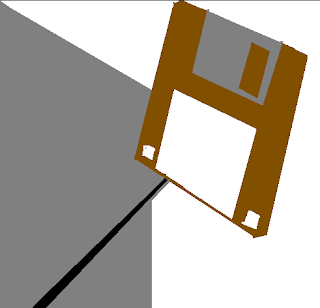What is the date?
The above graphic is nice but what is the date for a particular day. How about the day 214? Supposedly close to the hottest day of the year, then what actual day is that?
Usage: ./main dayofyear year
$ ./main 214 2014
Result: day 214 of year 2014 is '08/02/2014'.
To confirm it:
So it looks like August 2, is near the hottest day of the year.
$ gcc main.c -o main
main.c
[code]
#define _XOPEN_SOURCE /* glibc2 needs this for strptime */
#include <stdio.h>
#include <stdlib.h>
#include <time.h>
#include <errno.h>
int to_date(
char * date,
const size_t size,
const char * fmt,
const short unsigned int day_of_year,
const short unsigned int year)
{
char buffer[16] = "";
sprintf(buffer, "%hu %hu", day_of_year, year);
{
struct tm t = {0};
char * presult = strptime(buffer, "%j %Y", &t);
if ((NULL == presult) || ('\0' != *presult))
{
errno = EINVAL;
return -1;
}
strftime(date, size, fmt, &t);
}
return 0;
}
int main(int argc, char ** argv)
{
if (2 > argc)
{
fprintf(stderr, "Missing arguments. Usage: %s day-of-year year\n", argv[0]);
return EXIT_FAILURE;
}
short unsigned int day_of_year = atoi(argv[1]);
short unsigned int year = atoi(argv[2]);
char date[16] = "";
if (-1 == to_date(date, sizeof(date), "%m/%d/%Y", day_of_year, year))
{
perror("to_date() failed");
return EXIT_FAILURE;
}
printf("Result: day %d of year %d is '%s'.\n", day_of_year, year, date);
return EXIT_SUCCESS;
}
[/code]






Comments
Post a Comment